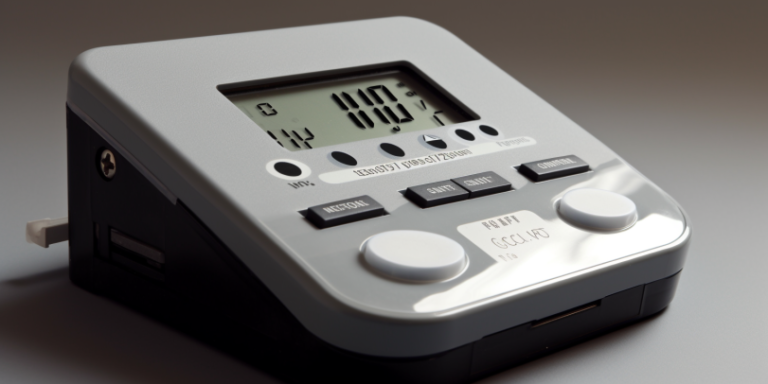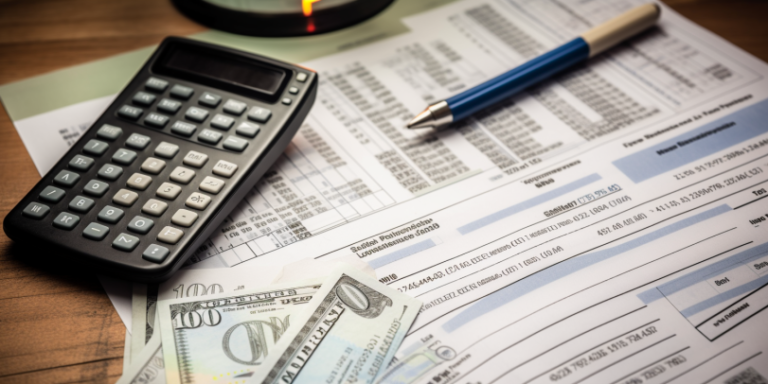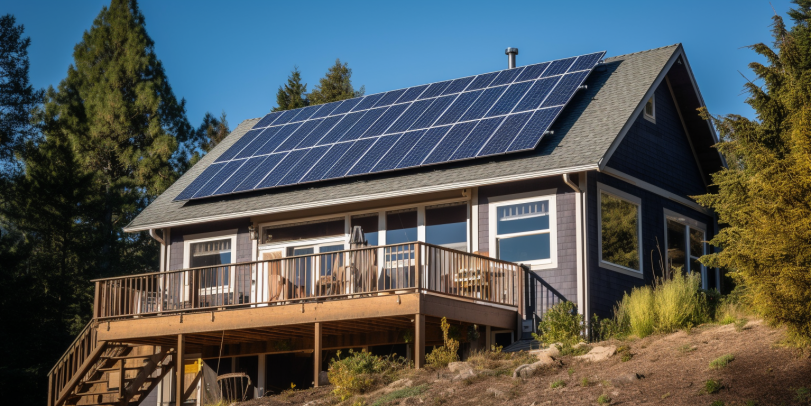
In the words of an old adage, ‘Give a man a solar panel, and you’ll power his home for years.’ Indeed, solar panels have become increasingly popular as a sustainable and cost-effective energy source for homeowners. Understanding the lifespan of solar panels, the factors influencing their longevity, and the importance of maintenance is essential for maximizing their efficiency and financial savings.
Typically, solar panels have a lifespan of 25 to 30 years, with reputable manufacturers offering production warranties for at least 25 years. However, their efficiency gradually decreases over time, and solar inverters, which convert the generated electricity into usable energy, may need replacement after 10 to 15 years.
Various factors, such as climate, installation quality, and regular maintenance, can impact the longevity of solar panels. This article will delve into these factors, explore the impact of climate on solar panel performance, and highlight the significance of regular maintenance in extending their lifespan.
By understanding these aspects, homeowners can make informed decisions to optimize the savings and environmental benefits offered by solar panels.
Key Takeaways
- Solar panels typically have a lifespan of 25 to 30 years.
- Regular maintenance, cleaning, and monitoring can help extend the lifespan of solar panels.
- Tier One solar panels have a higher output and lower degradation rate compared to Tier Two or Tier Three panels.
- Solar panels can save homeowners thousands of dollars over their lifespan.
The Lifespan of Solar Panels: Factors, Maintenance, and Savings
The lifespan of solar panels is influenced by various factors, including climate, installation quality, and maintenance practices, which ultimately impact their long-term savings potential.
Proper maintenance plays a crucial role in ensuring the longevity of solar panels. Regular cleaning, inspection, and performance monitoring can help identify and address any issues that may affect their efficiency. Additionally, the quality of installation and the location of the panels can also impact their degradation rate.
It is important to note that solar panels require ongoing maintenance to prevent degradation and maximize their energy production. By investing in regular upkeep, homeowners can extend the lifespan of their solar panels and ensure their cost-effectiveness over time.
Taking these factors into consideration can help individuals make informed decisions when it comes to the installation and maintenance of solar panels.
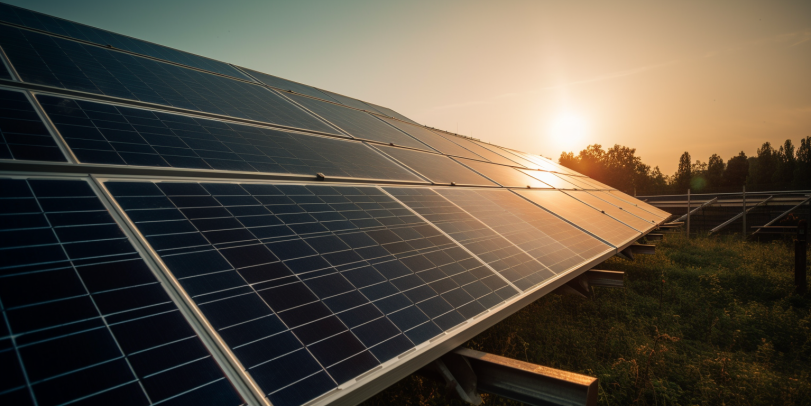
Duration of Use
Over time, the sun’s energy is harnessed by a device that endures and withstands the test of time, allowing for a sustainable and efficient source of electricity.
Solar panel longevity plays a crucial role in maximizing energy savings. Reputable manufacturers typically offer production warranties for 25 years or more, indicating that solar panels can last at least that long. However, after 25 years, the panels may continue to generate electricity but at a less efficient rate. The degradation rate for solar panels averages at 0.50% annually after 25 years.
Factors such as climate, extreme weather events, panel quality, installation, and maintenance can impact the lifespan of solar panels. Regular cleaning, upkeep, monitoring of electricity generation, and proper installation can help extend their longevity. It is important to note that older models may degrade faster than current industry standards.
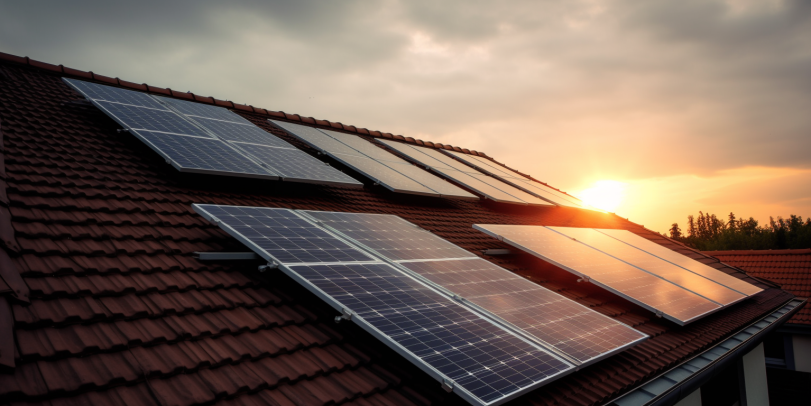
Impact of Climate
Climate can significantly affect the performance and efficiency of solar panels. The impact of extreme weather events, such as hurricanes, hailstorms, or heavy snowfall, can damage solar panels and reduce their lifespan. These events can cause physical damage to the panels, leading to decreased energy production.
Additionally, extreme temperatures can have an effect on the longevity of solar panels. High temperatures can cause thermal cycling, which refers to the expansion and contraction of the materials used in the panels. This can lead to cracks, delamination, and other forms of degradation. On the other hand, extremely cold temperatures can also impact the performance of solar panels, as they may become less efficient in converting sunlight into electricity.
Therefore, it is important to consider the climate and potential extreme weather conditions when installing and maintaining solar panels.
